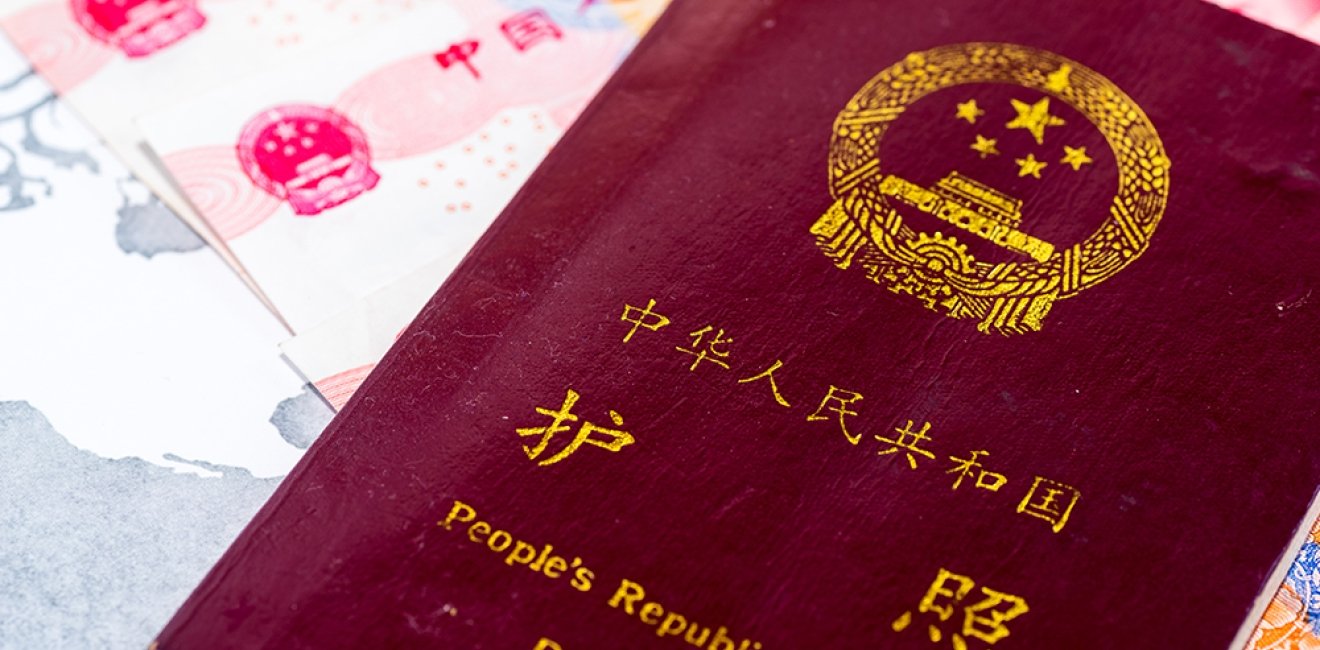
A blog of the Indo-Pacific Program
The dramatic rise of China as a global power with immense geopolitical ambitions has been a largely economic and military story. Until recently, the one component largely missing from China’s arsenal has been “soft power”–instruments of persuasion and cultural/intellectual influence. That is no longer the case, but soft power as currently employed by Beijing has a distinctly hard edge.
At its founding, the Peoples Republic inherited an obvious vehicle for exerting soft power, particularly in Southeast Asia. As a legacy of European and American colonial rule, large numbers of ethnic Chinese had immigrated to the region from southern coastal China. As a percentage of the population, the numbers varied widely from nearly 80 percent in Singapore and 40 percent or more in Malaya to 3 percent in Indonesia. In Thailand and the Philippines Chinese immigrants had become so integrated into their host societies through intermarriage and acculturation as to become largely invisible to the outside observer. However, in all these countries, and more besides, Chinese occupied an outsized role in the local economy as businessmen, bankers, and professionals. They were, almost everywhere, the economic elite.
For China, these populations presented both an opportunity and a hazard. The opportunity was there for the Chinese government to exploit ties of culture, family, and ethnicity with the “mother country.” But the hazard of doing so was considerable. Most of the countries of Southeast Asia gained sovereign independence between 1947 (Philippines) and 1957 (Malaya). Each of these new states inherited a fragile sense of nationhood with populations that were often ethnically and religiously diverse. Holding a new country together and building a sense of shared loyalty was a priority and daunting task. The ethnic Chinese were often seen as distinct both because of their relative wealth and the fact that they had come from somewhere else, i.e. China. The strength of Chinese cultural ties created inevitable suspicions that the local Chinese were not truly loyal citizens of their country of residence.
Holding a new country together and building a sense of shared loyalty was a priority and daunting task
The issue was real because Chinese tradition and law had adhered to the doctrine of jus sanguinis (Latin: right of blood). Simply put, it you were born to Chinese parents you were a citizen of China even if you (and your parents and grandparents) had lived outside China. For the new Southeast Asian governments this meant that China claimed the loyalty and support of local Chinese, even if they had been in Indonesia (or France) for generations. That in turn created an obvious source of tension between Southeast Asian governments and Beijing. The issue came to an early head when Indonesia acted as host to the Bandung Conference (1955)–a grand assemblage of leaders of the post-colonial “Third World.” China very much wanted a seat at the conference but ran into resistance from the hosts. China’s premier and foreign minister, Zhou Enlai, overcame Jakarta’s reluctance by formally changing Chinese citizenship laws to jus soli (Latin: right of soil). Ethnic Chinese living in Southeast Asia (and elsewhere) were told to see themselves as loyal citizens of their country of domicile.
Public statements by Chinese leaders and media have suggested that Beijing expects Chinese living outside China to show loyalty to the motherland.
Subsequent Chinese administrations over more than five decades have (with rare exceptions) adhered closely to Zhou’s formulation. But under President Xi Jinping that has begun to change. Public statements by Chinese leaders and media have suggested that Beijing expects Chinese living outside China to show loyalty to the motherland. The issue has been posed most overtly in nearby Australia where Chinese students have evidently been pressured to speak out in class in support of Chinese foreign policy. The Chinese vernacular press in Australia, once entirely locally owned, has been purchased by entities beholden to the Chinese government. [The same thing has happened in the U.S.].
The prospect that China is now laying claim to the loyalties of ethnic Chinese is a hugely serious issue for the nations of Southeast Asia. Singapore’s Lee Kuan Yew, years ago as the leader of a predominantly Chinese citizenry, warned his compatriots not to be too eager to establish business and other links with China lest the loyalties of Chinese throughout Southeast Asia were called into question. As China’s power and ambition have increased so has the salience of these concerns. More recently, China has shown a willingness to assert a particularly disturbing form of “soft” power. Again, Australia has been the most visible case. A recent book, Silent Invasion, details allegations of Chinese money buying influence, Chinese students mouthing Chinese propaganda, the Chinese Embassy sponsoring “associations” that serve Chinese interests, and Australian politicians (retired and still in office) who have been effectively bought by Chinese money. These charges were given credence by the Australian government, which announced the enactment of new laws designed to counter foreign influence and espionage.
In Southeast Asia, the primary concerns regarding Beijing’s influence revolve around Chinese money, particularly investments in a wide array of major infrastructure projects under the umbrella of the Belt and Road Initiative (BRI). Recently, Malaysia announced cancellation of several such projects–a step animated by fears that such investments brought with them undue Chinese state influence. The BRI is seen as more than an economic play; it is a major strategic initiative with clear implications for the regional balance of power. This, then, is not soft power in original meaning of the term. It is the projection of national influence with a unique admixture of ethnic appeal, monetary incentives, and coercive content.
The views expressed are the author's alone, and do not represent the views of the U.S. Government or the Wilson Center. Copyright 2018, Asia Program. All rights reserved.
Author

Adjunct Professor, Johns Hopkins University; Former Professor of National Security Policy, National War College and Deputy Staff Director, Senate Select Committee on Intelligence

Indo-Pacific Program
The Indo-Pacific Program promotes policy debate and intellectual discussions on US interests in the Asia-Pacific as well as political, economic, security, and social issues relating to the world’s most populous and economically dynamic region. Read more





